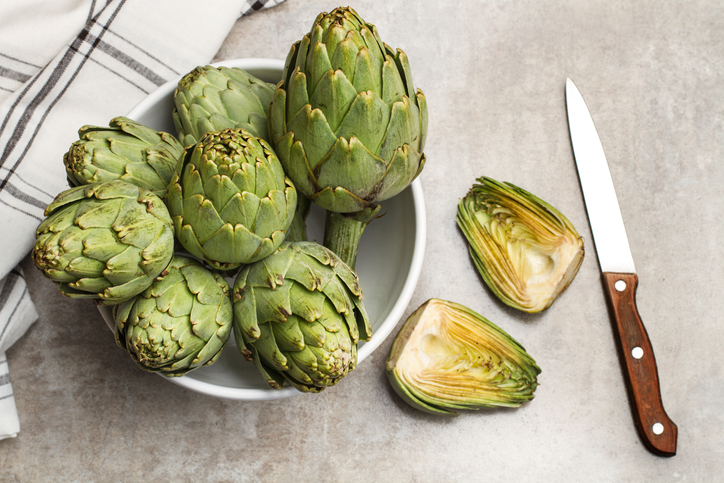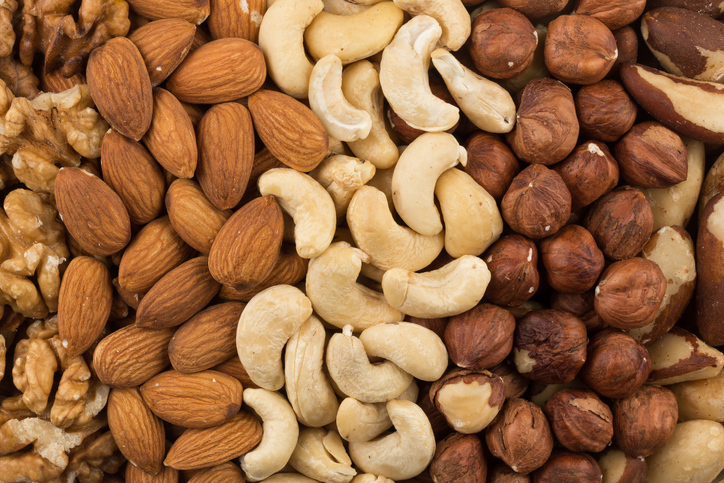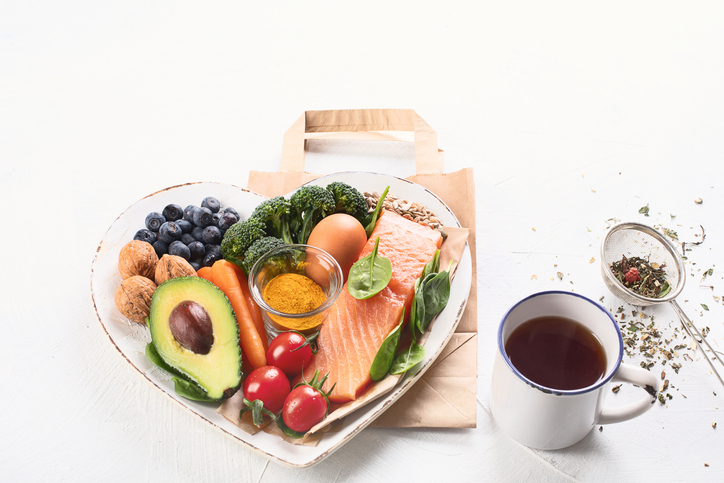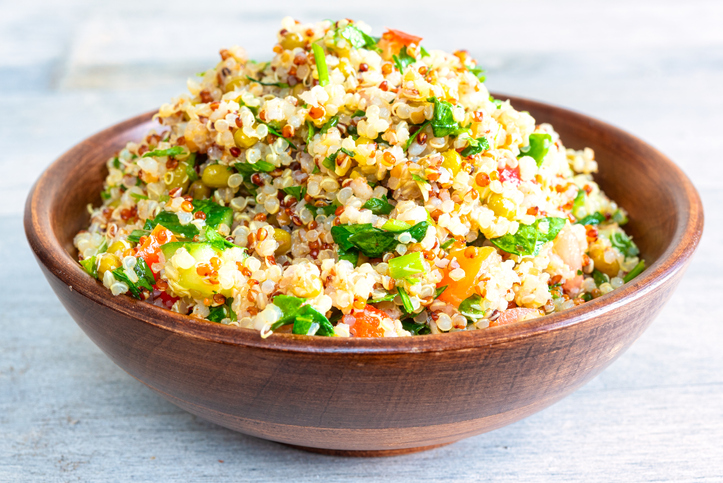Enjoy These Antioxidant Foods to Help Build a Healthy Immune System



You’ve probably heard the term “antioxidants” thrown around a lot when it comes to healthy eating and things that are good for your body. But what are antioxidants? According to the National Center for Complementary and Integrative Health, antioxidants are man-made or natural substances that may prevent or delay some types of cell damage. Our bodies naturally have some antioxidants to fight free radicals (unstable molecules that can cause diseases), but there are many vegetables, fruits and other natural foods that studies reveal have significant quantities of antioxidants. Some examples of antioxidants include vitamins C and E, selenium (a mineral that can help protect against infection) and carotenoids (organic pigments that can help decrease risk of disease). If you’re on a path to maintain healthier eating habits, here are some of the best antioxidant foods to start incorporating into your weekly meal plans today.
Artichokes
Low in calories and sodium, artichokes are packed with vitamin C, folate and fiber. For beginners, artichokes from the jar or can are available for convenience. If you’re up for a little adventure, try cooking the fresh variety of this antioxidant-rich food, which takes a little practice to snip and trim. A 2020 study found artichoke extract had a very high ability (79.7%) to scavenge free radicals. That’s reason enough for us to start eating more of them.
Beans
While all beans have health benefits, the more colorful beans, such as red and black, may have an added bonus. Beans are rich in flavonoids, plant substances that act as nature’s dyes and give many fruits and vegetables their colors. These plant chemicals act as antioxidants to give you some protection against heart disease and certain cancers. Serve beans as a side dish or substitute them for meat once or twice a week (they’re a great source of plant-based protein!). Beans are naturally low in fat and contain no saturated fat, trans fats or cholesterol. This antioxidant food is a great excuse to make homemade chili or those black bean burgers you’ve been meaning to try.
Blackberries
Packed with anthocyanins, a plant chemical that gives them their deep color, blackberries are an antioxidant food worthy of your regular meal plan. The tart fresh berries are also rich in vitamin C and fiber, which have been shown to reduce the risk of certain types of cancer and heart disease. Enjoy them as a healthy snack or to top your salad.
Blueberries
Blueberries are bursting with antioxidants, with more than most other fruits and vegetables. They’re loaded with a healthy plant chemical called anthocyanins, which give them that gorgeous blue hue and provide some protection against heart disease. Preliminary research also indicates that blueberries may have a positive effect on improving night vision and reducing blood glucose levels. Bonus: Frozen blueberries are just as nutritious as fresh.
Cranberries
Cranberries aren’t just for Thanksgiving. For years, doctors have touted the fact that cranberries prevent harmful bacteria from sticking to the walls of the urinary tract, thus cutting down on the possibility of infections. Now researchers also point out that cranberries are a high-antioxidant food. The little red berries also contain other phytonutrients important for protecting the body against heart disease, cancer and other conditions such as memory loss. Add the antioxidant-rich fruit to more than sauce by using cranberries in healthy recipes such as a fresh salad or roasted cauliflower.
Dark Chocolate
That’s right, you can enjoy dark chocolate (in moderation, of course) with the knowledge that it’s actually full of antioxidants. In this case, studies show the cocoa extracted from the cacao tree is rich in plant chemicals called flavanols that may help to protect the heart. The natural cocoa polyphenols are even shown to have anti-inflammatory properties.
Pecans
Pecans (and other nuts such as almonds and walnuts) are well known for fighting free radicals and are packed with vitamin E, which is an antioxidant that can prevent cell damage. These powerful nuts are even believed to be a natural anti-inflammatory ingredient. Try roasting the antioxidant-rich nuts to give them more flavor.
Potatoes
Delicious as they are, potatoes can get a bad rap for contributing to weight gain. But the fact is, those spuds are actually nutritious and high in fiber. Research by Potatoes USA shows potatoes contain an “assortment of phytochemicals with antioxidant potential, most notably carotenoids and anthocyanins.” In fact, in a study that looked at 42 vegetables, russet potatoes ranked fifth highest for the total antioxidant levels. Enjoy your potatoes mashed or baked for a nutritious side.
Prunes
Long revered as a good source of fiber, prunes are also recognized for their antioxidant properties and helping slow age-related mental and physical problems. Also high in potassium, vitamin K and boron (which may have bone-protective qualities), dried plums are the perfect antioxidant food to add to your morning cereal or enjoy as a quick snack.
Raspberries
High in polyphenolic compounds, which are plant chemicals that act as powerful antioxidants and fight cardiovascular disease and cancer, raspberries help fight inflammation and have been used to reduce arthritis-related pain. Use those tart red berries in a summery pie or drop a few in your mocktail.
Spinach
Not only is this leafy green packed with nutrients and low in calories, it’s great for eye health. Concerning antioxidants, spinach is one of the best sources of lutein and zeaxanthin, which can defend the eyes from free radicals. It’s delicious as a base for a healthy salad.
© Meredith Operations Corporation. All rights reserved. Used with permission.

















